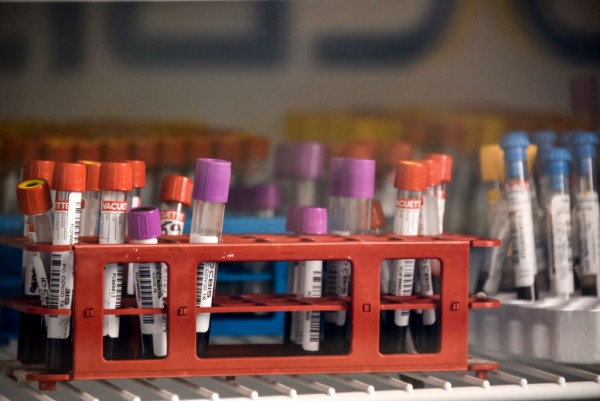STUDY: How to Predict Your Illness After 5 Years?
Getting medical appointments is encouraged by medical experts to check how healthy an individual is. Even though an individual says he or she is healthy, a regular check-up is still needed.
According to Better Health, regular health check-ups can find out early signs of health issues. They added in their article that early diagnosis of these health issues could increase effective treatment. Sometimes when you undergo medical check-ups, a sample of the blood will be asked from the patient.
A novel study from the University of East Anglia researchers demonstrates that biomarkers like inflammation and cholesterol can foresee if an individual will be disabled in five years. Moreover, Eureka Alert reports that the researchers also found that wealth and social status play a role in predicting future disability.
ALSO READ: Bandage-Like Device Used to Test for Malaria
Biomarkers to watch out

Florida News Times mentions that biomarkers with increased blood flow are the focus of the researchers. They added that these are easy-to-understand markers associated with various diseases and are objective measures of health.
The University of East Anglia added in their article that biomarkers could tell researchers a lot about what is happening inside the people's body even prior to the diseases' manifestations begin. They also not that testing for the cholesterol present in the bloodstream can demonstrate a person's heart disease risk.
Blood tests and healthcare
According to Eureka Alert, blood biomarkers from 5,286 participants undergone analysis by the researchers. They added that the researchers observed that cholesterol, liver, and kidney inflammation are observed, which is the body's response to infections or chronic stress.
Florida News-Times adds that the researchers also analyzed the participants' grip strength measurements, obesity, blood pressure, lung function, and resting heart rate.
READ ALSO: Alzheimer's Disease First Blood Test, Available in the United States
In an interview with the University of East Anglia, the University of East Anglia Norwich Medical School's Dr. Apostolos Davillas said that their team found underlying biomarker differences are linked with future disability basing on the biomarkers present in their blood. He added that they could also discover the connection of future demand on healthcare services such as General Practitioners (GP) and outpatient consultations with the people's biological health.
Eureka Alert added that the researchers also note that an increase in healthcare and social needs will be driven by impaired biological health that may develop a disability in five years.
Social Status' Implications on Healthcare
The researchers stress in Eureka Alert that people on higher incomes are more likely to seek GP appointments and outpatient treatments for their medical problems, which is evident in pro-rich inequality across all types of health service use.
In an interview that is also published in Florida News-Times, Dr. Davillas said that in the publicly funded healthcare system, rich inequality in healthcare use is inhibited by the need for health care because lower-income people are heavily time-controlled because of tighter employment and living arrangements.
The researchers also pointed out in the release that their study has important policy implications, specifically in screening programs and prevention strategies. Dr, Davillas also pointed out in the release that a broader set of blood-based biomarkers should be considered for public health screening programs.
READ NEXT: New T Cell Test Could Accelerate Patient Screening and Vaccine Development
Check out more news and information on Medical Breakthrough on MD News Daily.
Dec 09, 2020 12:06 PM EST





